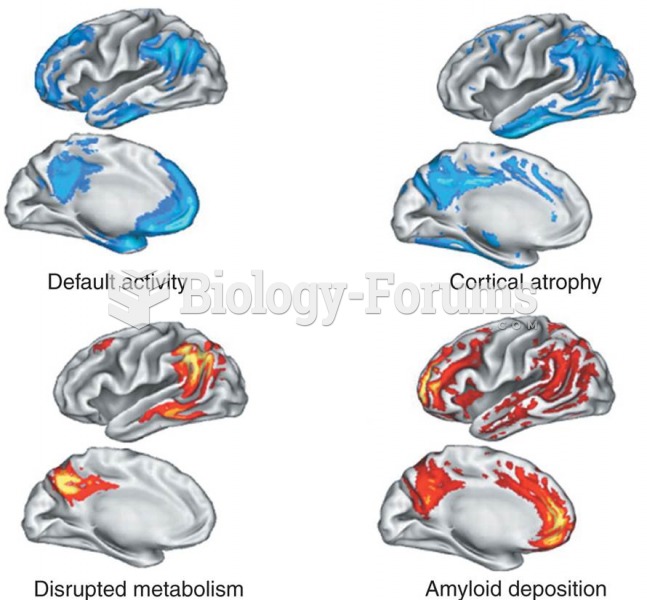Answer to Question 1
C
Answer to Question 2
Consider first the theme of the active child. Piaget viewed the child as playing a primary role in development. It is because of Piaget that we can no longer give serious consideration to either the environmentalist view of children shaped by external forces or the maturationalist view of children as products of their heredity. Vygotsky also advocated the idea of an active child, although his emphasis on the role that significant others in a child's world play in cognitive development contrasts sharply with Piaget's views.
Piaget's and Vygotsky's theories also emphasize the interaction of nature and nurture in development. The experiences children have as they explore their environment and their social and educational worlds especially affect the rate of their development. Vygotsky placed greater weight on the role that adults and other cultural agents have on children's thinking, believing that nurture has a greater role in cognitive development than that proposed by Piaget. But in addition to emphasizing the sociocultural influences on children's development, Vygotsky also made it clear that one must consider the evolutionary past in explaining contemporary behavior and development. This focus on the ancient origins of behavior illustrates Vygotsky's recognition that one cannot account for children's cognitive development by sociocultural factors alone; one must also take human nature into consideration.
Contemporary developmentalists generally believe that cognitive development consists of both qualitative and quantitative changes. Piaget's description of qualitative changes is generally accurate, but it is also limited because he basically ignored more quantitative types of changes. Vygotsky's theory was less concerned with the qualitative or quantitative nature of developmental changes and focused more on the source of the change (mainly from the social environment). Nevertheless, it is fair to say that Vygotsky was more apt to see changes as less stagelike than Piaget.
In this chapter devoted to cognitive development, it is not surprising that there has been less emphasis on the holistic nature of development. However, Vygotsky's theories were intended to apply to more than children's thinking. Vygotsky's emphasis on the sociocultural influences on children's thinking makes it clear that cognitive development cannot be viewed in isolation. The social environment, starting with the family, extending to peers and eventually to the entire culture, is the context in which cognition develops.







